The Role of Emotional Intelligence in HR: Building Stronger Relationships in the Workplace
The role of Human Resources (HR) has expanded beyond the traditional administrative tasks. HR professionals now play a crucial role in shaping company culture, fostering positive employee experiences, and building strong relationships within the workplace. One key skill that has gained significant recognition in this context is emotional intelligence (EI). In this article, we will discuss the importance of emotional intelligence in HR professionals and how it can contribute to establishing and nurturing stronger relationships among employees.
Understanding Emotional Intelligence:
Emotional intelligence refers to the ability to recognize, understand, and manage one’s own emotions, as well as to perceive and empathize with the emotions of others. It encompasses skills such as self-awareness, self-regulation, social awareness, and relationship management. When HR professionals possess a high level of emotional intelligence, they can effectively connect with employees on a deeper level, foster trust, and facilitate open communication.
Enhancing Employee Engagement:
Employee engagement is a critical aspect of a thriving workplace environment. Research has consistently shown that engaged employees are more productive, innovative, and committed to their organizations. Emotional intelligence in HR can greatly impact employee engagement by creating a supportive and inclusive atmosphere. HR professionals who possess strong emotional intelligence can recognize and address the underlying needs and concerns of employees, leading to improved job satisfaction and a sense of belonging.
Conflict Resolution and Mediation:
Conflicts are inevitable in any workplace, but how they are managed can significantly impact relationships and overall productivity. Emotional intelligence equips HR professionals with the necessary skills to effectively resolve conflicts and mediate disputes. By understanding and empathizing with the emotions of conflicting parties, HR can foster a safe environment for open dialogue, promote understanding, and work towards mutually beneficial solutions. This approach not only resolves conflicts but also strengthens relationships among employees involved.
Building Trust and Psychological Safety:
Trust is the foundation of any successful relationship, and this holds true for the relationship between employees and HR. Emotional intelligence enables HR professionals to build trust by actively listening, showing empathy, and responding appropriately to employee concerns. When employees feel heard and understood, they are more likely to approach HR with their issues and seek guidance, ultimately strengthening the bond between HR and the workforce. Moreover, by promoting psychological safety—a climate in which employees feel comfortable expressing themselves without fear of judgment or retribution—HR professionals can cultivate an environment that encourages open communication and collaboration.
Promoting Diversity and Inclusion:
Diversity and inclusion are vital aspects of a modern workplace, and emotional intelligence plays a pivotal role in promoting and embracing these values. HR professionals with high emotional intelligence can recognize and appreciate individual differences, understand the impact of bias, and create inclusive policies and practices. By valuing and celebrating diversity, HR fosters an environment where employees feel valued, respected, and empowered. This, in turn, cultivates stronger relationships among team members and enhances overall productivity and innovation.
Emotional intelligence has emerged as a crucial skill for HR professionals in today’s workplace. By leveraging emotional intelligence, HR can build stronger relationships within the organization, promote employee engagement, resolve conflicts effectively, build trust, and foster diversity and inclusion. The role of HR is no longer confined to administrative tasks but extends to shaping company culture and driving employee satisfaction. As the workplace continues to evolve, organizations that prioritize emotional intelligence in HR will gain a competitive edge by creating an environment where employees can thrive, collaborate, and contribute to their fullest potential.




